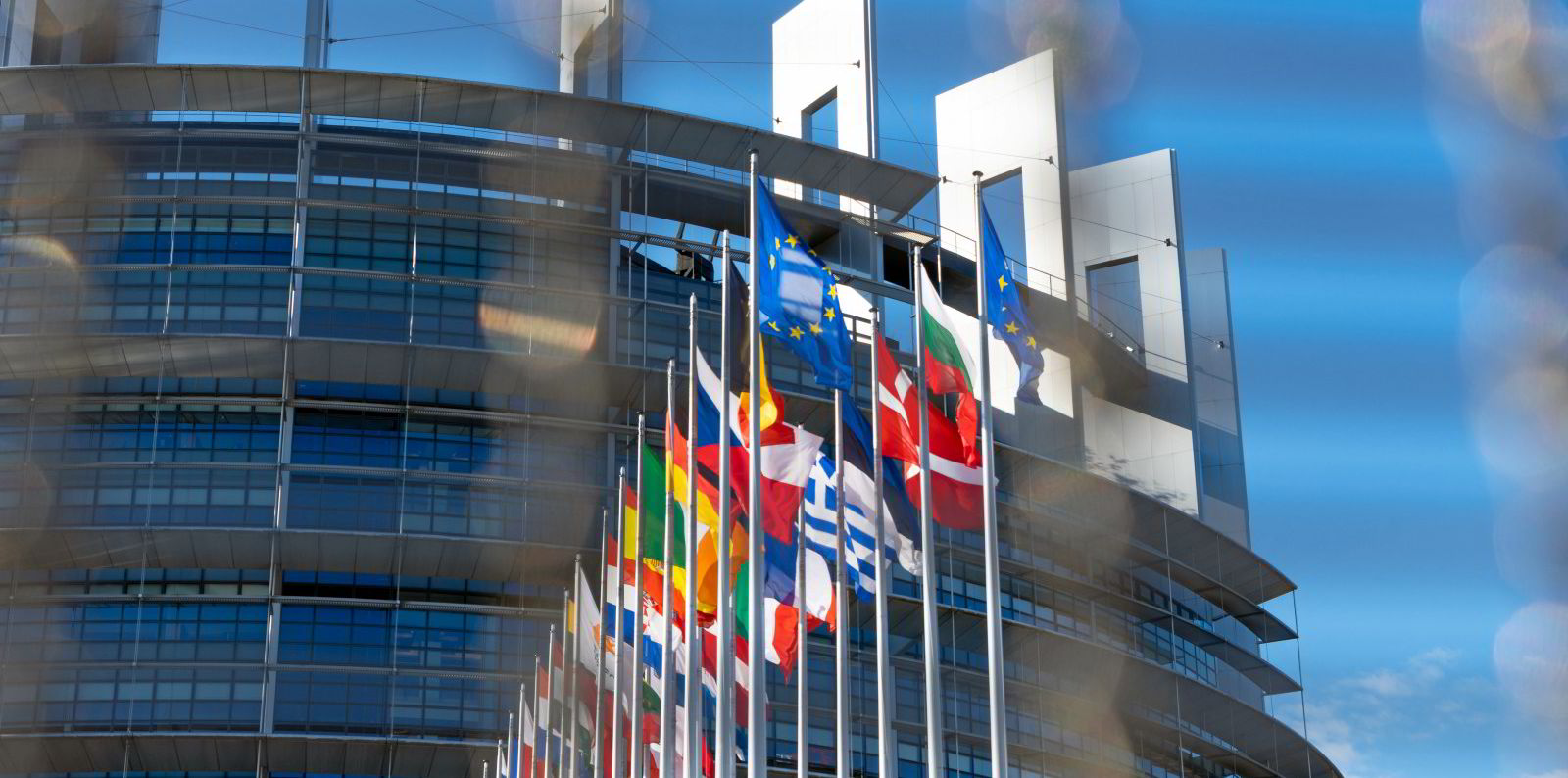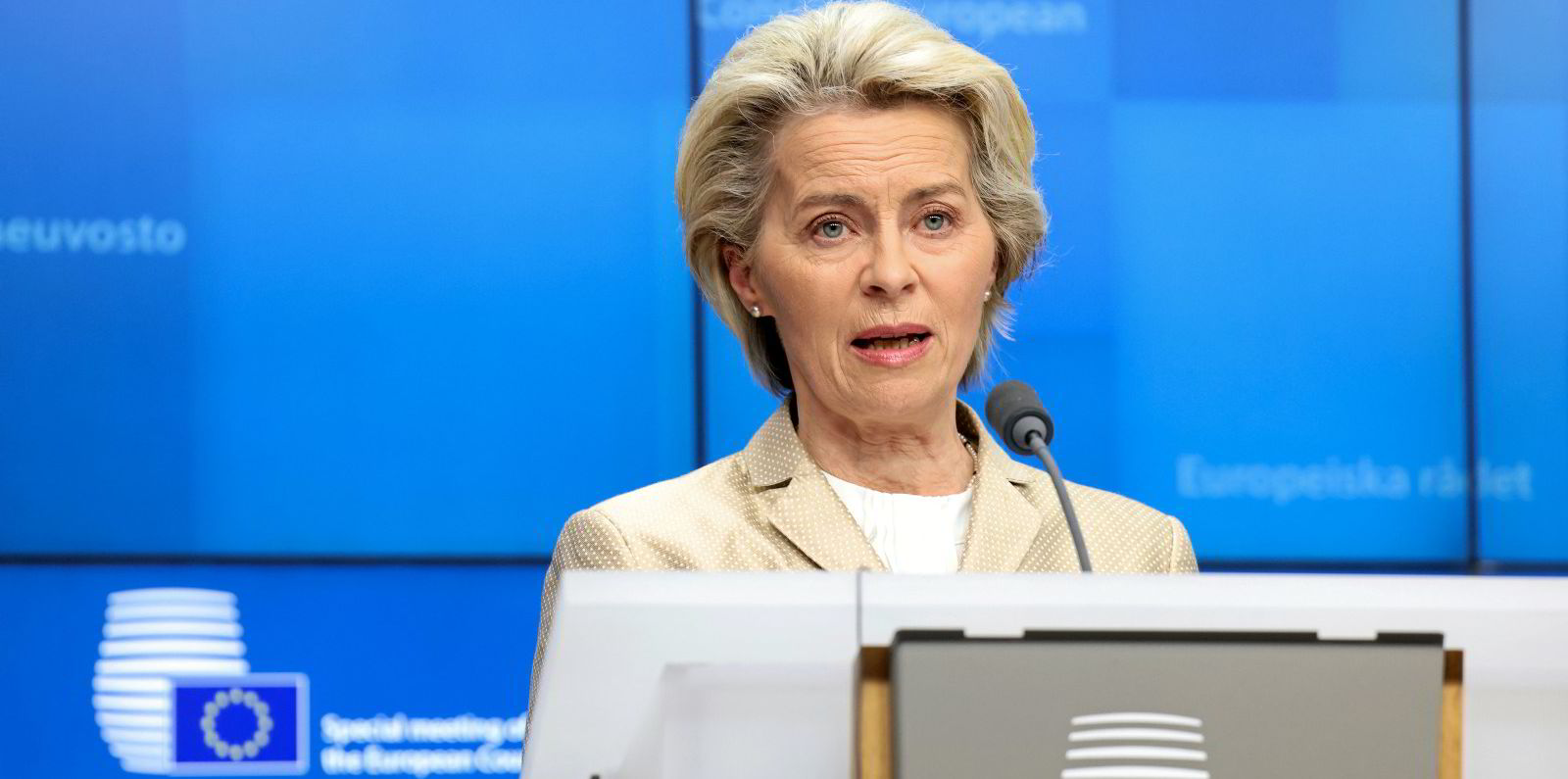Legal documents released by the European Union on Friday confirmed that the bloc’s importers will have several months before entirely ceasing all imports of Russian crude and petroleum products.
EU leaders agreed in principle on 31 May to ban the seaborne transport of such commodities to punish Russia for its invasion of Ukraine.
The formal act translating that decision into actual law allows for a six-month transitional period to enforce the crude ban, until 5 December.
The window is two months longer for petroleum products, closing on 5 February 2023.
According to the legal text, the transitional periods apply to “one-off transactions for near-term delivery, concluded and executed before [those dates]… or to the execution of contracts for the purchase, import or transfer [of crude or petroleum products] concluded before 4 June 2022”.
It also covers “ancillary contracts necessary for the execution of such contracts, provided that those contracts have been notified by the relevant member states to the [European] Commission by 24 June 2022 and that the one-off transactions for near-term delivery be notified by the relevant member states to the [European] Commission within 10 days of their completion”.
The text also confirms that the EU will prohibit “the insurance and reinsurance of maritime transport of such goods [crude and petroleum products] to third countries”. The text isn’t entirely clear whether the “appropriate transitional periods” foreseen for oil imports apply to ship insurance as well.
A phase-in of the marine insurance ban on Russia seems likely, however.

A separate clause sets out a six-month window for the direct or indirect provision of “technical assistance, brokering services or financing or financial assistance related to the transport, including ship-to-ship transfers, to third countries of crude oil or petroleum products, which originate in Russia or which have been exported from Russia”.
A six-month phase-out from existing insurance cover on all ships carrying Russian crude worldwide is also the subject of talks between the EU and the UK, according to the Financial Times.
Some exemptions
Crucially, an exemption to the EU's ban on Russian oil imports applies in cases where Russia is just the transiting country of oil that originated outside the country, from non-Russian owners.
In another exemption, ships will be allowed to continue to carry Russian crude that is ultimately destined for landlocked EU countries, which can no longer be supplied with it via pipeline for reasons beyond their control.




